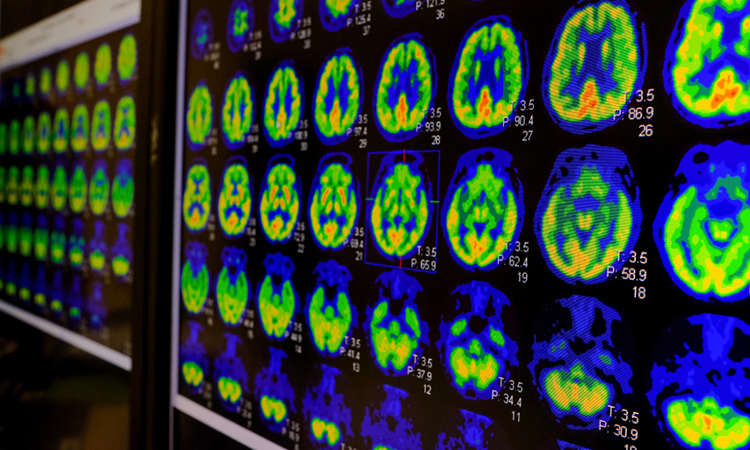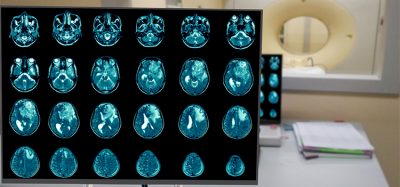Amino Acid PET effective in distinguishing brain metastases from treatment-related changes
Posted: 30 May 2023 | Izzy Wood (Drug Target Review) | No comments yet
US study uncovers the best way to treat recurrent or progressive brain metastases using an amino acid PET technique.


A recent meta-analysis from the Society of Nuclear Medicine and Molecular Imaging, US, has revealed that amino acid positron emission tomography (PET) can accurately differentiate between recurrent or progressive brain metastases and treatment-related changes.
The findings, published in the Journal of Nuclear Medicine, suggest that this imaging technique, with a specificity of 84 percent, may help reduce invasive procedures and overtreatment in patients experiencing treatment-related changes.
Brain metastases are known to occur in 20 to 40 percent of all cancer patients, particularly in those with lung, breast, and renal cancer, melanoma, and gastrointestinal tract cancers. The management of patients with brain metastases typically involves a combination of surgery, radiation, and chemotherapy. However, some patients develop treatment-related changes such as radiation necrosis or pseudo-progression.
Dr Igor Yakushev, Senior Physician in the Department of Nuclear Medicine at the Technical University of Munich in Germany, highlighted the challenges in differentiating between recurrent or progressive brain metastases and treatment-related changes: “accurate and early differential diagnosis is essential, as the management of patients with these conditions differs significantly.”
The meta-analysis examined 12 studies that utilised amino acid PET radiotracers. These studies encompassed a total of 397 patients with 547 lesions. Out of these, 269 lesions (49 percent) were identified as recurrent or progressive brain metastases. The amino acid PET demonstrated a pooled sensitivity of 82 percent and a specificity of 84 percent when compared to histologic examination, radiological assessment, and clinical follow-up.
Yakushev emphasised the significance of the study’s findings, stating, “This study provides evidence on the diagnostic utility of amino acid PET in the differential diagnosis of recurrent or progressive brain metastases.” He also highlighted the increasing role of molecular imaging in managing patients with brain tumours and suggested that there is potential for further improvement in diagnostic accuracy.
Amino acid PET could play a crucial role in providing accurate and early diagnoses, enabling physicians to tailor treatment plans more effectively for patients with brain metastases. As molecular imaging continues to advance, it is expected to have an even greater impact on the management of brain tumours.
Related topics
Amino Acids, Imaging, Neurosciences, Oncology
Related conditions
Breast cancer, gastrointestinal tract cancers, Lung cancer, Melanoma, renal cancer
Related organisations
Society of Nuclear Medicine and Molecular Imaging, Technical University of Munich in Germany
Related people
Dr Igor Yakushev







